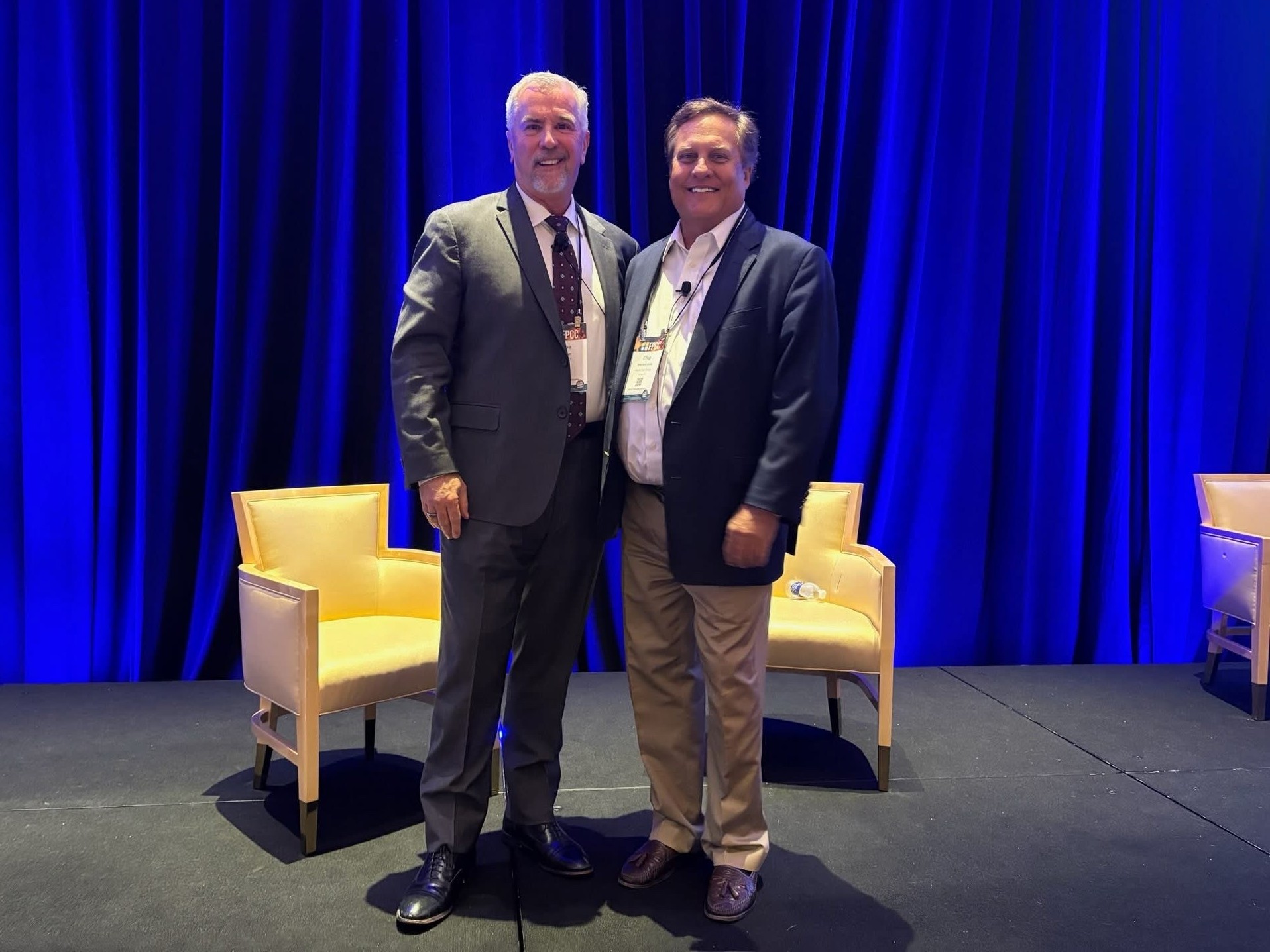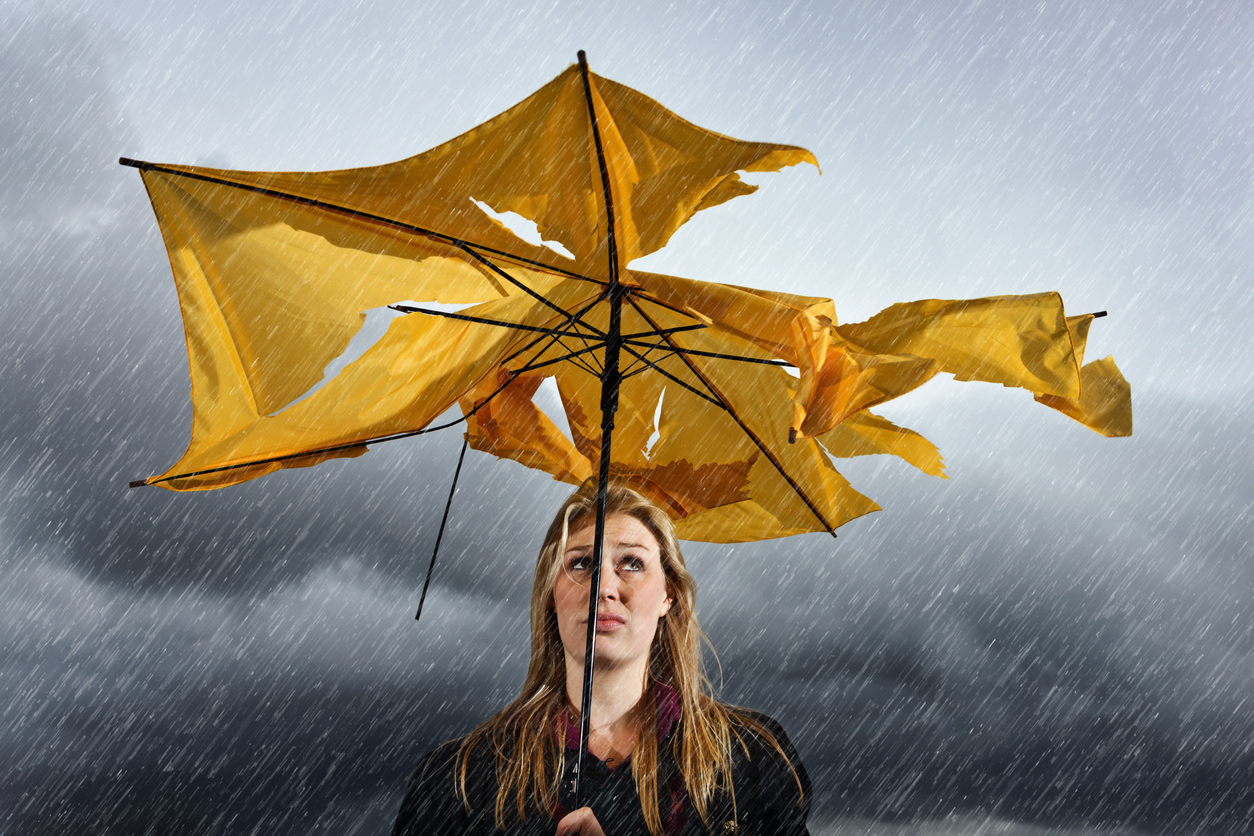Expert witnesses are crucial to support disputed insurance claims, especially when the claims involve extensive damage, as is often the case in hurricane claims. While the standards for expert witness testimony may differ between state and federal courts, all federal courts are bound by Federal Rule of Evidence 702 and the United States Supreme Court’s decisions in Daubert v. Merrell Dow Pharmaceuticals, Inc., 509 U.S. 579 (1993), and Kumho Tire Co., Ltd. v. Carmichael, 526 U.S. 137 (1999). Recently, in Palm Bay Yacht Club Condo. Ass’n, Inc. v. QBE Ins. Corp., 10-23685-CIV, 2012 WL 1345317 (S.D. Fla. Apr. 18, 2012), an insurance company challenged a condominium association’s expert witness and sought to have him excluded from testifying at trial about Hurricane Wilma damage.
The Court employed a three-step analysis to determine whether the expert would be allowed to testify: (1) Qualification, (2) Reliability, and (3) Helpfulness. Qualification requires that the “expert is qualified to testify competently regarding the matters he intends to address.” Reliability means that, “the methodology by which the expert reaches his conclusions is sufficiently reliable as determined by the sort of inquiry mandated by Daubert.” The helpfulness standard is met if, “the testimony assists the trier of fact, through the application of scientific, technical, or specialized expertise, to understand evidence or to determine a fact in issue.” The Court further explained each of these requirements in detail:
(1) QUALIFICATION:
The first requirement for the admissibility of expert testimony is that the expert is qualified to testify competently regarding the matters he or she intends to address. Rule 702 permits a person to qualify as an expert based upon knowledge, skill, experience, training, or education. “Determining whether a witness is qualified to testify as an expert ‘requires the trial court to examine the credentials of the proposed expert in light of the subject matter of the proposed testimony.’” “This inquiry is not stringent, and so long as the expert is minimally qualified, objections to the level of the expert’s expertise [go] to credibility and weight, not admissibility.” [Citations Omitted].
(2) RELIABILITY:
The second admissibility requirement is reliability. Reliability is different than believability or persuasiveness, which remains an issue for the trier of fact. To evaluate the reliability of scientific expert opinion, courts consider, to the extent practicable: (1) whether the expert’s theory can be and has been tested; (2) whether the theory has been subjected to peer review and publication; (3) the known or potential rate of error of the particular scientific technique and (4) whether the technique is generally accepted in the scientific community. These factors are illustrative, not exhaustive; not all of them will apply in every case, and in some cases other factors will be equally important in evaluating the reliability of proffered expert opinion. [Citations Omitted].
(3) HELPFULNESS:
The third requirement for admissibility is that the expert testimony must assist the trier of fact. “[E]xpert testimony is admissible if it concerns matters that are beyond the understanding of the average lay person…. Proffered expert testimony generally will not help the trier of fact when it offers nothing more than what lawyers for the parties can argue in closing arguments.” [Citations Omitted].
In Palm Bay Yacht Club, the insurance company challenged the condominium association’s expert witness on all three grounds. The insurance company alleged that the expert was not qualified because he was not licensed by the State of Florida and that he had no personal experience in replacing roofs, doors, windows, or air conditioning units. The Court found that the challenged witness was competent, qualified, and experienced, though, because he had adjusted, supervised, and/or managed over 15,000 insurance claims over 26 years. Regarding the insurance company’s arguments about the expert’s credentials, the Court found that those facts “go to the weight the jury should assign to his testimony not his qualifications as an expert.”
The insurance company also challenged the “intellectual rigor” of the expert’s methodology, but the Court found that he utilized substantially the same methodology as opposing witnesses and, again, that any “weaknesses in the underpinnings of the expert’s opinion go to its weight rather than its admissibility.” The Court also found that the challenged expert’s testimony would be outside the common knowledge of the average juror, which meant that his testimony would be helpful to the jury.
When questions come up about expert witnesses, it helps to remember these three steps: (1) Qualifications, (2) Reliability, and (3) Helpfulness.
https://youtube.com/watch?v=Hj80xP3nK0A%3Frel%3D0



